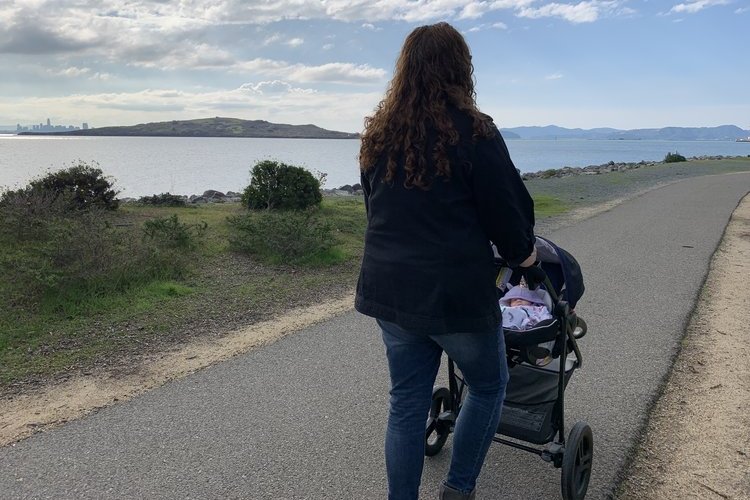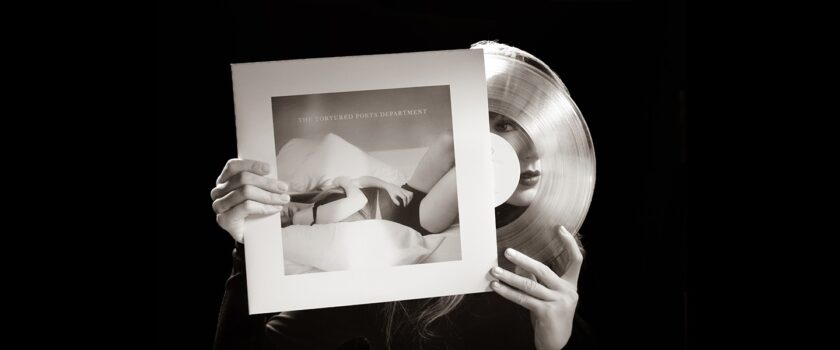The Eye-Opening Signs of Postpartum Anxiety
By 965koit on July 1, 2019
Lilly is officially seven months old.
Time has never gone by so fast.
It seems like just yesterday I was admitted into the hospital.
I had a ruptured water bag and a tear in my placenta. I was there for almost two months and had to go on the monitors four times daily. That means, in the time I was there, I had nurses hovering over me, taking all my vitals and listening to Lilly’s heart 240 times.
I figured that’s why I’m so overly cautious when it comes to her.
Maybe that’s not the right word. I should say that I’m a bit obsessed with making sure the baby is okay.
But it’s reasonable to check on them because you’re worried that SIDS is going to take her away from you. It’s normal to worry that they might develop childhood cancer. Every time you drive with them, it’s normal to fear that today’s the day someone is going to ram into your car. This is just part of being a new mom, right?
The other day I googled, “I always feel like something bad is going to happen to my baby,” and I was surprised that the first thing that came up was the term: postpartum anxiety.
What is postpartum anxiety?
I’d heard about postpartum depression, but not anxiety.
That’s why some want to change the name of “postpartum depression” to “prenatal mood and anxiety disorders.” It encompasses more than women that are just depressed.
What happens is that a lot of women get pigeonholed and lumped into the “postpartum depression” category when their symptoms demand different treatment and action.
According to Dr. Priya Gopalan, the UPMC Magee-Womens Hospital, Chief of Psychiatry, anywhere from 15 to 20 percent of women have postpartum depression, and the same number suffer from postpartum anxiety. Some women can even have both at the same time.
Many women actually feel that conditions unrelated to depression are being overlooked.
What are the symptoms of postpartum anxiety?
Anxiety looks like different things in different people, but here are some traits that could mean you’re suffering from postpartum anxiety.
-Constant worry or the feeling something terrible is going to happen
-Loss of appetite or sleep due to worrying
-Racing thoughts
-Being unable to sit still
-Trouble concentrating
There can also be physical symptoms, as well. Those include:
-Dizziness
-Hot flashes
-Nausea
-Muscle tension like grinding teeth, muscle twitching, or back and neck pain
After looking at the symptoms, I can confidently say that I don’t believe I’m suffering from postpartum anxiety, but I was so shocked to discover that new moms aren’t talking about this openly with other women.
What can you do if you’re suffering from postpartum anxiety?
The number one thing you need to do is talk to your doctor. Explain the feelings that you have, and if they blow you off and try to convince you that you have new mom worries, seek a second opinion.
Just keep in mind that right now, insurance companies have the right to deny your claim if you seek medication or therapy for postpartum anxiety. Right now, the only thing covered under insurance is if your doctor makes the determination that you have postpartum depression. There are no subcategories of the condition that are covered yet.
But the more and more people come forward it will force companies to recognize it.
Where can you find help?
For more information, please contact the Postpartum Support International website. They also have a 24-hour hotline you can call at 1-800-944-4773. When you call, you will be connected to a trained volunteer that can help.
If you’re having suicidal thoughts or think you might harm yourself or your loved ones, please call the National Suicide Prevention Lifeline at 1-800-273-TALK (8255).
Help is available. Things WILL get better.
https://koit.com/9-ted-talks-that-will-make-you-a-better-parent/









